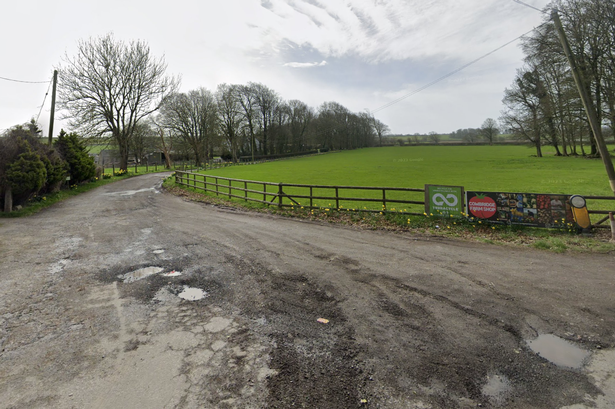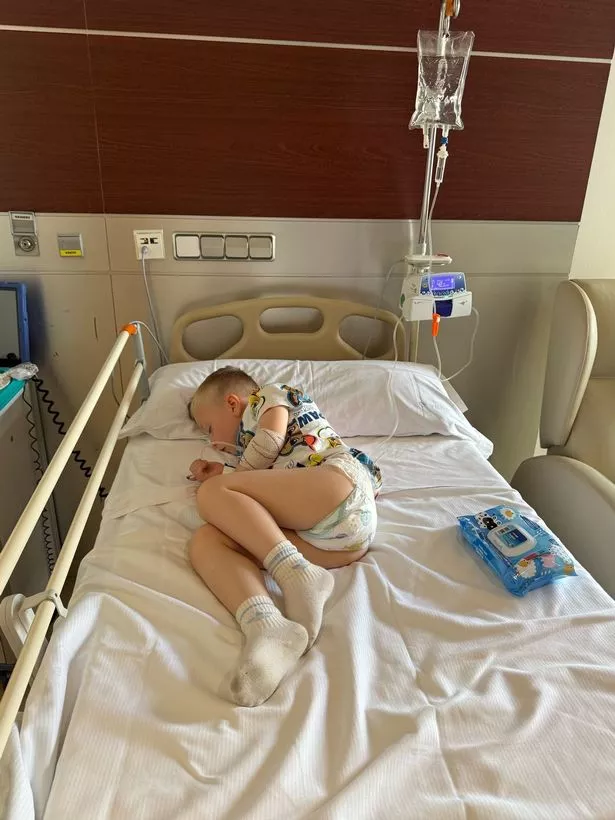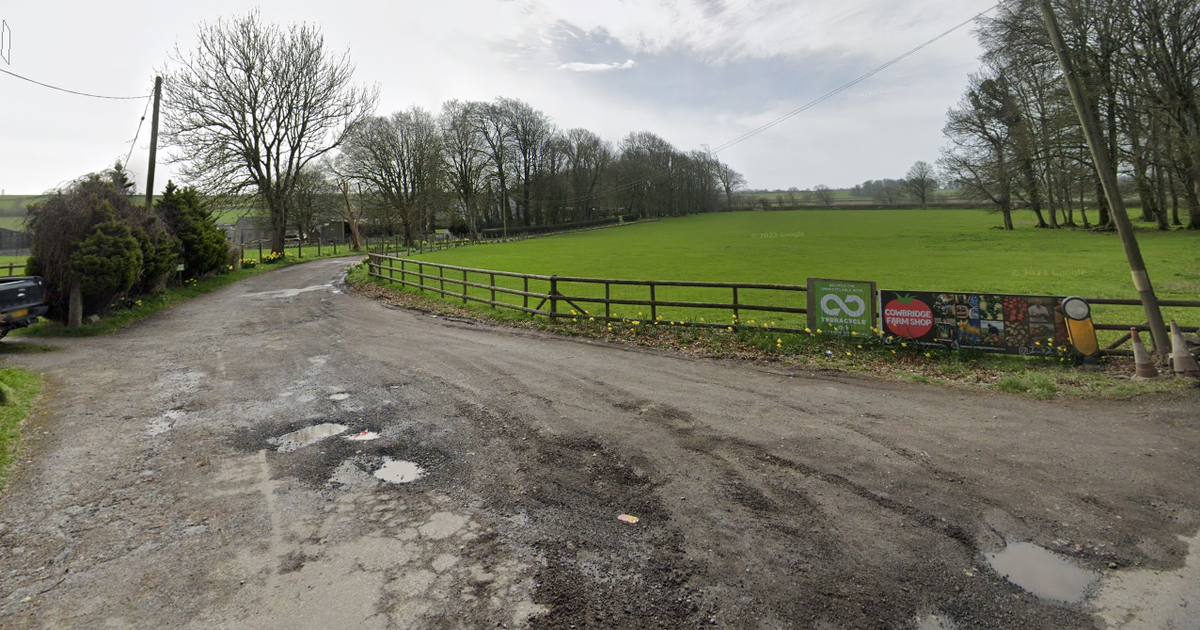More cases of people infected with Cryptosporidium have been confirmed by Public Health Wales Marlborough Grange Farm, where Cowbridge Farm Shop is located(Image: Marlborough Grange Farm)
Marlborough Grange Farm, where Cowbridge Farm Shop is located(Image: Marlborough Grange Farm)
There has been a significant increase in the number of people who fell ill with a parasitic infection after visiting a Welsh farm.
Initially, Public Health Wales had reported that at least 28 people had fallen ill with a Cryptosporidium outbreak after visiting Cowbridge Farm Shop, Marlborough Grange Farm, in the Vale of Glamorgan. However, the health authority has now said that the total tally of confirmed cases so far has increased by 19, marking a significant increase in the number of people infected in the outbreak.
This increase takes the total tally of confirmed cases to 47 patients, with the health authority warning that it expects this number to rise in upcoming weeks due to the infection’s incubation period.
 Michael had to spend three days at a hospital after getting infected(Image: Gareth Carpenter)
Michael had to spend three days at a hospital after getting infected(Image: Gareth Carpenter)
The rise in number follows as the parents of an infected child had told WalesOnline that they expect the number to be higher that initially disclosed by Public Health Wales. Stay informed on the latest health news by signing up to our newsletter here
Cryptosporidium is a parasite that leads to gastrointestinal illness in humans that is often associated with contact with animals, specifically young farm animals like calves and lambs.
Su Mably, consultant in health protection for Public Health Wales said: “We are continuing to investigate this outbreak with our partners. While the infection is usually mild and self-limiting, it can be more serious in young children or people with weakened immune systems.
“We urge anyone who visited the farm and is feeling unwell to contact their GP or NHS 111. Practising good hygiene is the best way to protect yourself and others.”
The outbreak is suspected to have come out of a lamb and calf-feeding experience at the Cowbridge Farm Shop.
Public Health Wales has said that its Outbreak Control Team in continuing to work closely with the farm to investigate this outbreak.
It added that the farm has voluntarily ceased all public animal feeding activities and is cooperating with the investigation.
Gareth Carpenter, a father whose son, Michael Carpenter is suspected to have contracted the parasite at the farm said he had never seen his son as ill as he got after the infection.
He told WalesOnline: “He’s had chicken pox, he’s had flu, he has had viruses, he had many, many, many things as you can imagine as kids do when they mix in with other children, but I’ve never, ever seen him that ill before.”
He added: “He was horrific when he was there [hospital]. Really, really, worried me and me and my partner, Kate. Just curled up. We had to put him back in nappies, just literally leaking. He was just leaking from them. It was horrendous, stomach pains and cramps.”
You can read more about Michael’s ordeal by clicking here.
Public Health Wales has said that Cryptosporidium Symptoms usually start two to 10 days after contact with the parasite and can last for up to two weeks.
These symptoms include:
- Watery diarrhoea
- Stomach pains or cramps
- Nausea or vomiting
- Mild fever
- Loss of appetite
- Weight loss
The health body has asked people to follow the following precautions while visiting farms:
- Always ensure you wash your hands thoroughly with soap and warm water after interacting with animals, touching boots or clothing, and before consuming food or drink. Alcohol-based hand gels are not a sufficient substitute for this level of cleanliness – always opt for soap and warm water.
- Refrain from eating or drinking while in contact with animals or wandering around the farm.
- Avoid intimate contact with animals, such as holding, cuddling, or kissing them, as these actions significantly heighten the risk of falling ill.
- After leaving the farm, make sure to clean your footwear and wash your hands.
- Keep a close eye on children to ensure they wash their hands properly and maintain a safe distance from the animals.
- Pregnant women should exercise extra caution, particularly avoiding contact with newborn lambs during the lambing season.
Public Health Wales has urged anyone who has the symptoms listed above, and has visited the Cowbridge Farm Shop, particularly those who participated in the calf or lamb feeding sessions to contact their GP or call NHS 111 and let them know that you have visited the site.
People can check more information about the Cryptosporidium at NHS 111 Wales website by clicking here.
